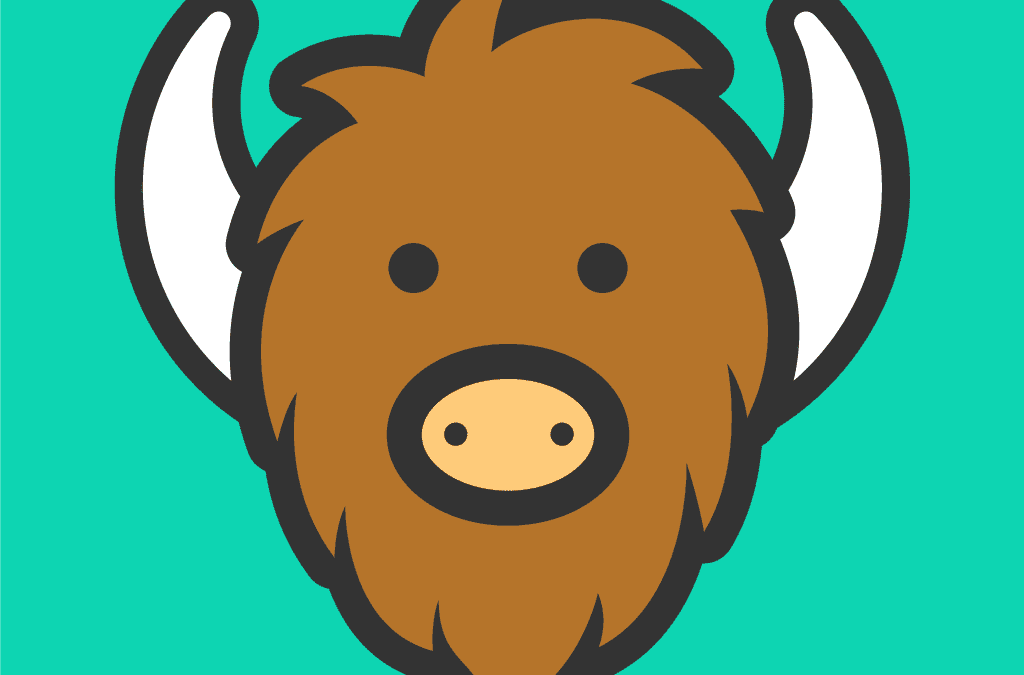LILY ALLEN, Special to The Denisonian—
The app “Yik Yak,” which allows people to anonymously post comments which can be read by any user within a 5-mile radius has just returned after a four-year hiatus and is a popular form of social media among some Denison students.
First making its appearance in 2013, the app was then banned in 2017 after cyberbullying and hate speech on the platform which affected high school and college communities nationwide. With its relaunch Yik-Yak announced on its website that,, “It’s against the Community Guardrails to post bullying messages or use hate speech, make threats, or share anyone’s private information.” If someone “seriously violates the Community Guardrails or Terms of Service, they can be immediately banned from Yik Yak.”
The Denisonian spoke with several students about the app’s return and the effects it has on social life and the Denison community.
Is this app really protecting users from harm and hate-speech? Is it perpetuating “cancel culture” and “fake-news”? Is this something that is beneficial to members of The Denison community to be partaking in?
A Junior and member of a fraternity who wishes to remain anonymous told The Denisonian that his “fraternity has aggressively promoted brothers to delete Yik-Yak because it’s toxic and it’s not the culture we want to surround ourselves with. It also enables people to say extremely hurtful things without thinking about the possible outcomes.”
He said that, “There have been false rumors spread about all of the fraternities. I have seen other things about other fraternities and ours that simply aren’t true.”
Senior Baron Becker told The Denisonian that his boarding high-school acted to ban the app from their campus because of its toxicity.
His roommate, Max Mehm, also a senior, said that the app is “not socially productive and is a great way to start drama for no reason.”
Though Beck wondered if “maybe [the app is] a really good tool for the school to figure out what the students are really thinking.”
But what happens in the social media world can cause significant outcomes in the real world.
In a 2013 article in the journal The Psychiatrist, researcher Helen Cowie explains that victims of cyber bullying “experience lack of acceptance in their peer groups, which results in loneliness and social isolation. The young person’s consequent social withdrawal is likely to lead to low self-esteem and depression.”
Expanding on this same notion, a 2020 article published in the journal CyberPsychology reported on a study that was done to “examine the prevalence of cyberbullying and explore the psychological characteristics of adolescents who have experienced cyberbullying.” The findings show that late adolescents who are victims of cyberbullying, “report significantly more anxiety, depression, self-harm, suicide attempts and antisocial behavior, compared to those not involved. Thus, late adolescents involved in cyberbullying struggle more with psychological problems than non-involved adolescents.”
Comments made on Yik Yak, whether with bad intention or not, may directly affect another human, and in a potentially harmful way. Yik Yak is full of goofy, irrelevant, and somewhat relatable content, but even one post of ill-will is detrimental to our community.

